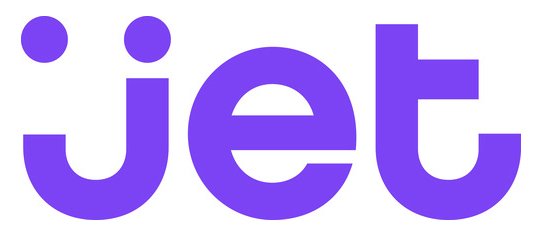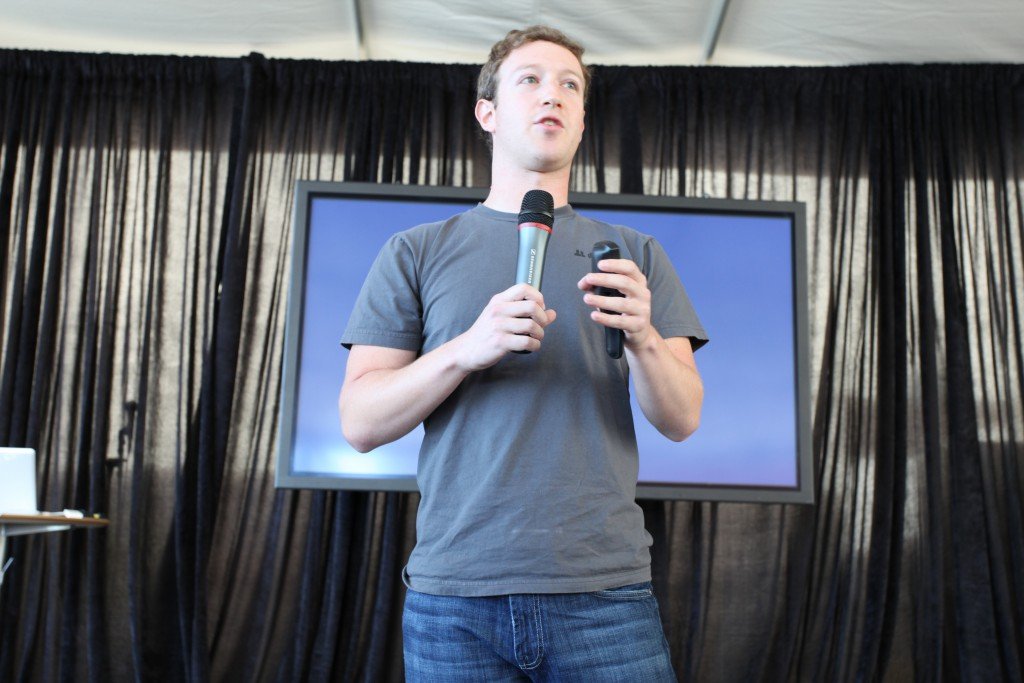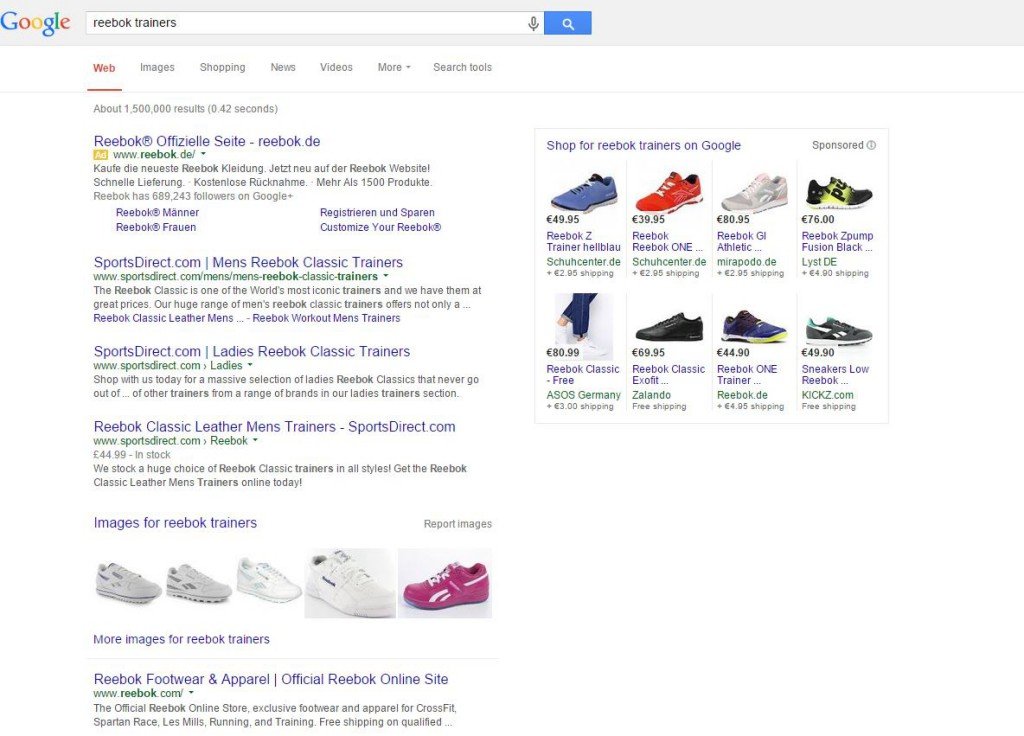It’s been a busy month in the world of ecommerce. If you’ve missed any of the events from the past few weeks, or you’d just like to recap on everything that’s been going on, our July sum-up should help you keep track of the most important things you need to know this month.
Google Makes it Easier To Shop on The Go

On Wednesday 15th July, Google announced that it would soon unveil (for beta testing) its new feature for mobile and tablet: “Purchases on Google,” a Buy button of sorts that will allow shoppers to purchase products directly from Google’s paid shopping ads, simplifying the shopping experience on the go.
In addition to Purchases on Google, the search engine also launched “conversational” search, where users can ask Google to help them learn more about Shopping products, as well as cards for highlighting significant price cuts on products previously visited by the shopper and real-time information on sales, closing hours etc. Consumers can also now browse a store’s full inventory online.
Google Launches Manufacturer Center
On July 21st Google launched the Manufacturer Center; a tool to help brand manufacturers provide authoritative product information to online shoppers. Product manufacturers can upload accurate and authoritative product data via the tool to enrich their product listings across Google. Manufacturers will also be able to gain product level insights into the data they provide via reports available through the Manufacturer Center.
Amazon Rival Jet.com Launches to the Public

New e-commerce site Jet.com launched to the public on 20th July, purporting to offer “the lowest prices online”. Combining clever algorithms designed to save shoppers money at every point of the purchase process and ruthless growth tactics, Jet’s founder, and CEO, Marc Lore managed to sign over 2,200 retailers prior to the launch. Jet.com plans to take its profits from membership fees only and not taking a cut of sales from third-party sellers (as Amazon does). An impressive attribute of the site is its expert use of logistics to help users save more, highlighting items located in warehouses close by or that can be shipped together to save more.
Yahoo Introduces a New Export Channel for Mobile: Gemini
Yahoo has introduced their new mobile advertising export channel for small businesses: Yahoo Gemini. The ad shop takes merchants' ads and blends them with selected content to target the right audience, going by the motto “Simple to use and easy to tweak.” Currently only available for merchants in the U.S.
Facebook Has Changed Its CPC Strategy

Facebook announced on Wednesday 8th July that their CPC model now only applies to “link clicks”. Until now, the social network charged the same CPC rate for clicks that linked to both external websites and apps, as well as onsite actions such as Like, Shares and Comments. From now on, however, they will be charging separately for Ad clicks that send you away from the site - Call-to-action clicks such as “Shop Now”, “Install” etc, or clicks that take you to a third party site. Read the official announcement here.
Who Has Been Testing What
Google Google has been quietly testing price-comparison across a small selection of its product searches for the last couple of months, which shows the savings on a given item in its Product Listing Ads as a “Percentage off average.” The feature is similar to one they were testing earlier in May.
Amazon Amazon has started testing a bidding feature with some of its third-party vendors, whereby users can “make an offer” on selected products, triggering a private message sent to the seller. The feature is limited for now, but will become an option on thousands of items starting next year. Read more here.
Pinterest Adapts to How Users Really Shop
Pinterest has rolled out a new feature called “Shop our picks”, a curated collection of “hand-picked” products. The Shop our Picks category is designed to make buyable pins more useful, by placing them within context.
Unveiling of The Facebook Buy button… Finally
Facebook has now introduced dedicated shops on Pages where users can search for, and purchase items using the long-awaited ‘Buy button’. The shops are still in testing phase, but it seems the changes are all part of an initiative to shift attention from the news feed to pages instead, giving the Social Network the opportunity to compete with Yelp and Foursquare.
Amazon Prime Day “Breaks Global Records”

Opinions surrounding the day have been mixed but the new made-up holiday introduced by Amazon (celebrating its 20th anniversary) turned out to be quite a success, with sales on paar with China e-commerce merchant, Alibaba’s annual sale. Amazon Pime Day sales beat Black Friday by 18% and more new members tried Amazon Prime than on any other day in Amazon’s history. See the official press release here.
Google Shopping (a.k.a PLAs) vs Adwords

Searchmetrics conducted a study of the two main ad formats for Google search results and found that although Google Shopping ads (previously known as PLAs) cost more, they appear to be a good bet given their return on investment. This could change however, when Amazon decides to try Product Listing Ads in addition to, or as a replacement to, its traditional Google AdWords strategy. See their list of the top ten most visible sites in Google Shopping PLAs here.
New Technology Set to Change The Shopping Experience, On and Offline

Rakuten, No. 51 in the Internet Retailer 2015 Top 500 Guide, bought London-based tech startup Fits.me, which helps shoppers see how garments will look on them based on their body shape.
On the other side, a new evolution of digital store technology has emerged from eBay Enterprise. The platform is a well-integrated set of technologies designed for in-sore deployment and to work in conjuction with online commerce efforts. What does this mean for online merchants? When the technology is introduced more widely, ecommerce merchants will need to work with colleagues in store operations to carefully map out their customer’s journey, ensuring that each digital tool adds real value at a specific point in the shopping experience.
What to Expect From the Industry in The Next Few Months
It has been reported that half of the back-to-school shopping searches are being done on mobile devices this year, up from 40% last year.
…and in the next few years…
A report by Acuity Market Intelligence predicts that mobile biometrics will be securing 65% of all m-commerce transactions in the next five years.
Are you ready?
Like what you read? Sign up for our monthly newsletter to stay informed about industry updates and events. You'll also get useful tips and learning resources to grow your expertise and online business.


![[WP Import] July: What’s Been Happening in ecommerce](http://images.ctfassets.net/q17uls4wkkdz/6eSx6SzBWTvzJ1xVgQ11di/2da42116a71eb2951542ee1ae432dd47/Pinterest.jpg)